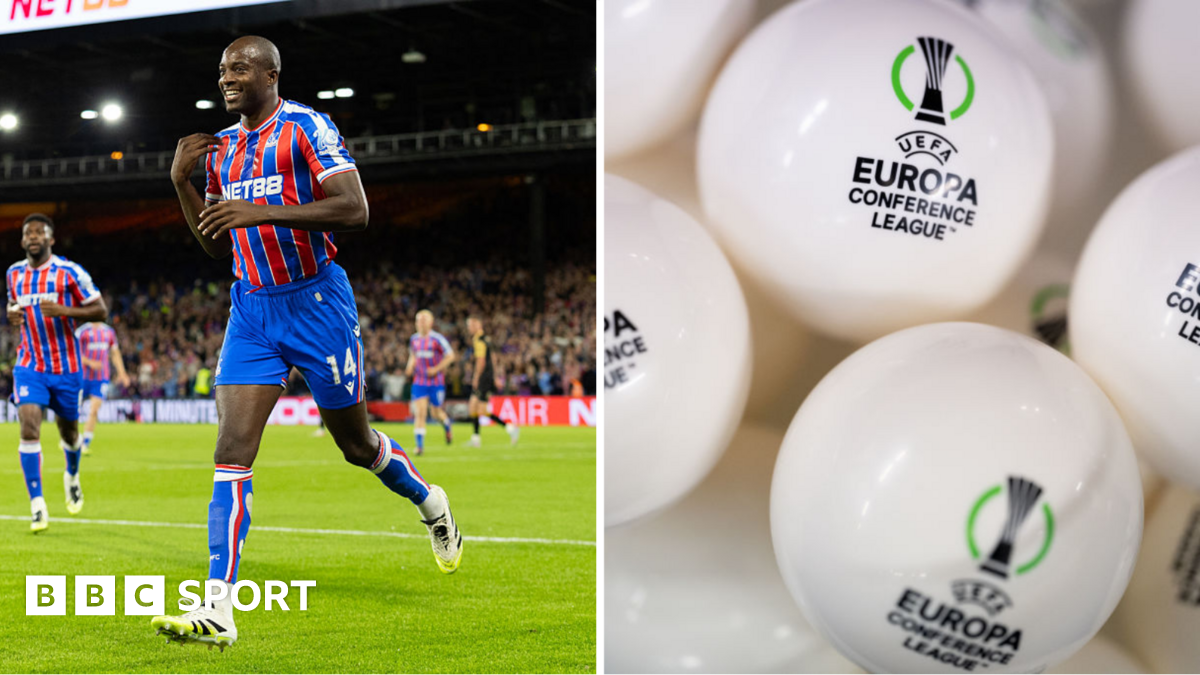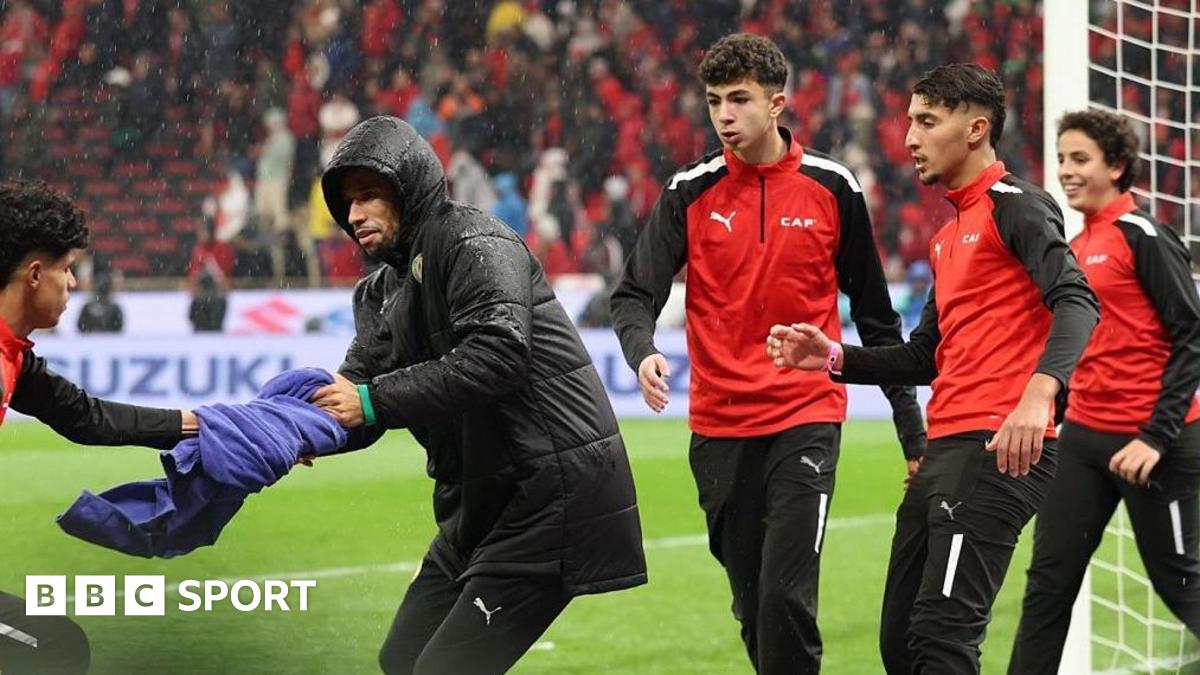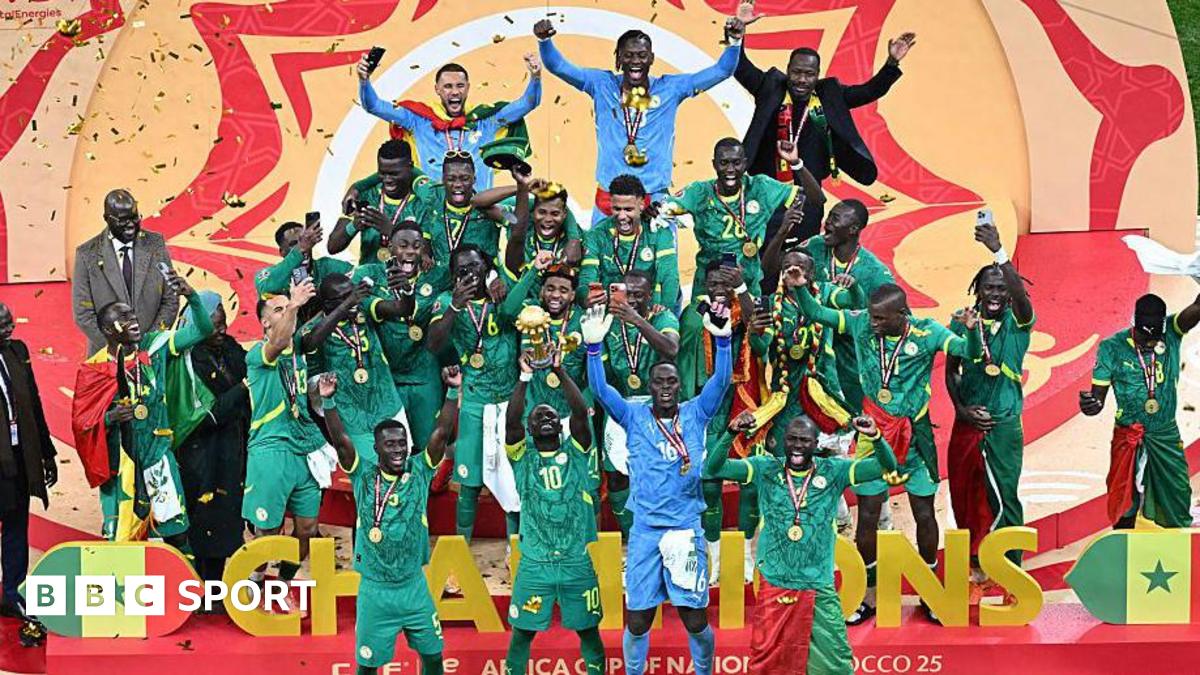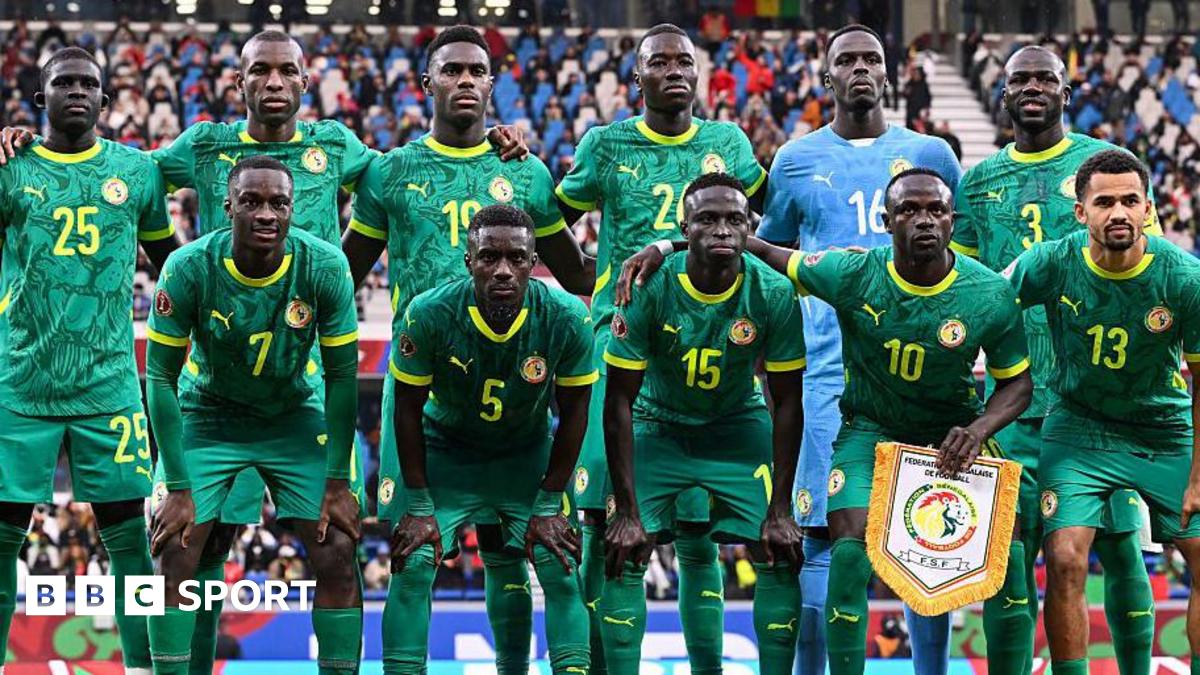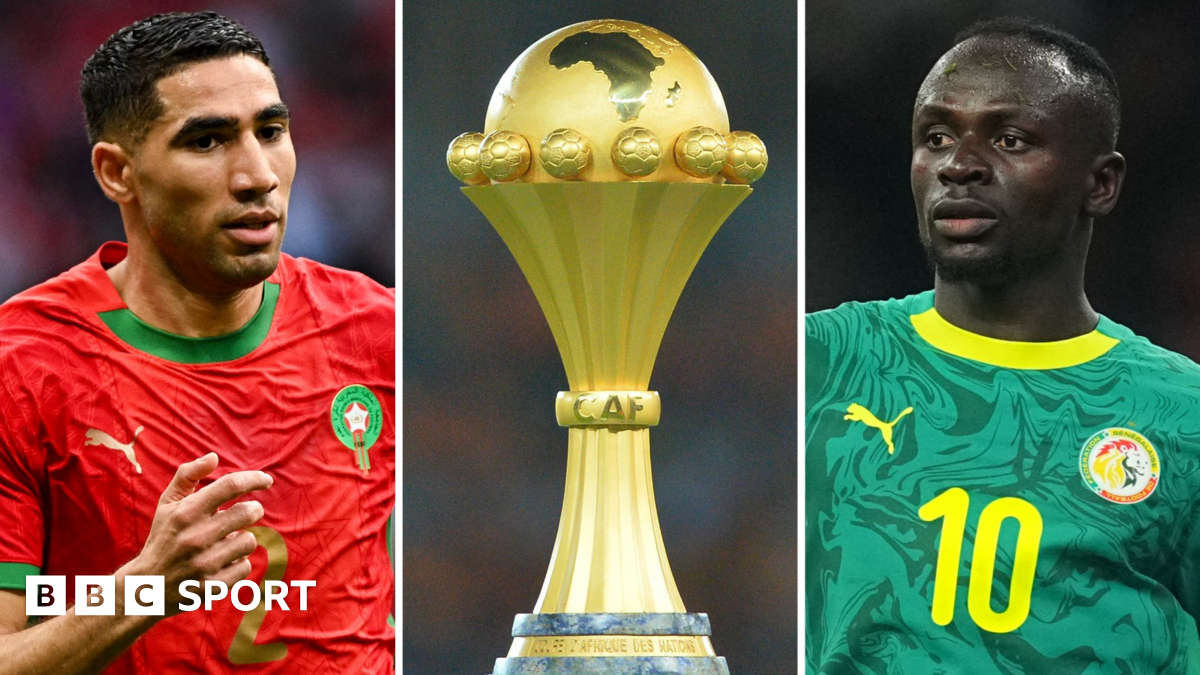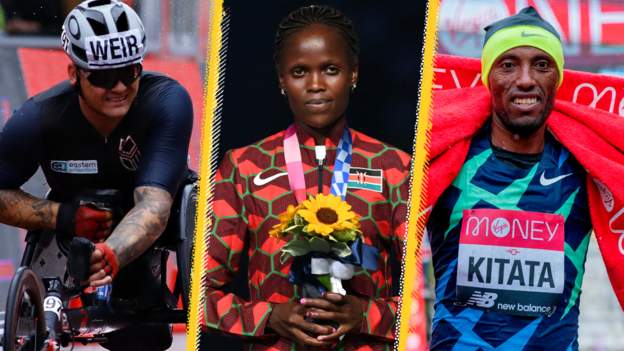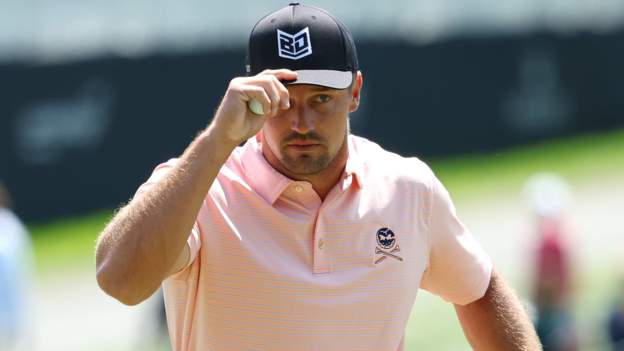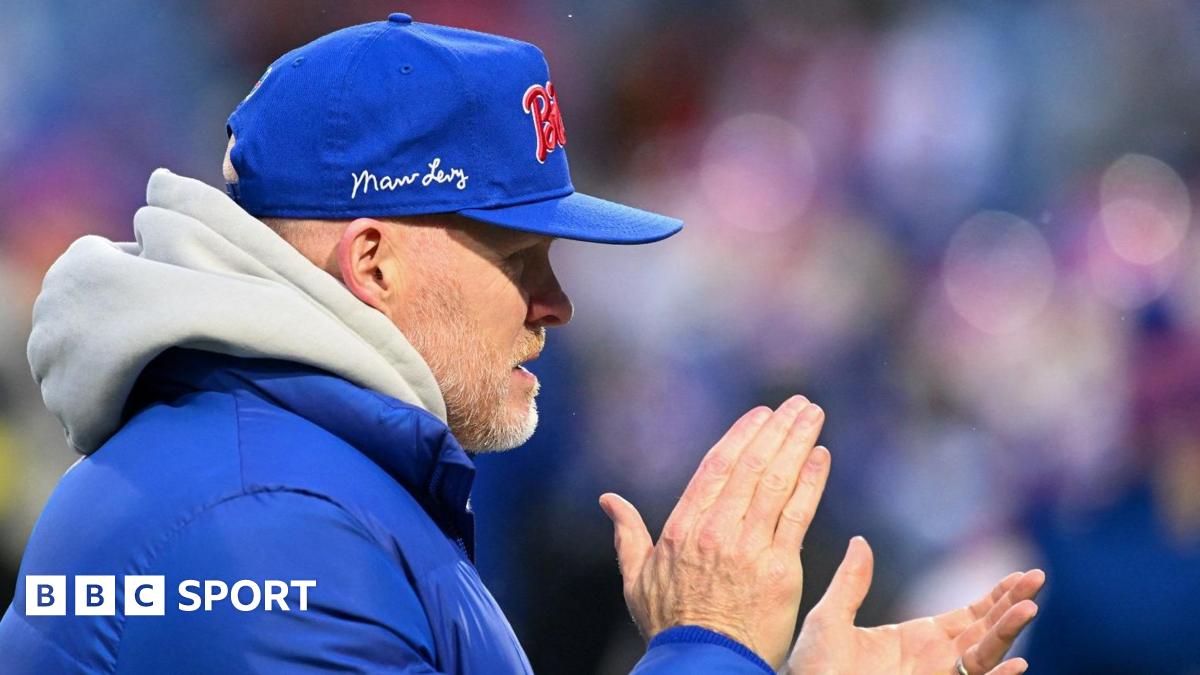| Date: Sunday, 3 October Time: 08:50 BST (elite wheelchair race), 09:00 (elite women), 09:30 (elite men and mass start) Course: Blackheath to The Mall |
| BBC coverage: Watch live on BBC Two from 08:00 and BBC One from 10:00 with uninterrupted coverage and extra streams on the Red Button and online; live text from 08:00. |
The London Marathon returns to the city’s streets for the first full-scale staging of the race in more than two years on Sunday.
More than 40,000 runners will join some of the world’s best on the usual course that starts in Blackheath and finishes 26.2 miles later in the shadow of Buckingham Palace on The Mall.
They will be joined by a similar number completing the distance ‘virtually’ via a tracking app on a course of their choosing.
Last year, the race was shifted from it’s usual April date as the coronavirus pandemic forced the suspension of sporting events worldwide.
Last October, a small, elite field competed over 19 laps of a closed course around St James’s Park, with the mass element of the event taking place remotely.
London’s race director Hugh Brasher said this year’s event – 40 years on from the inaugural race in 1981 – “could easily be the most memorable ever”.
“It will be a moment of joy, of true emotion,” he added. “It is more than just a marathon. It is about bringing people together and that is what we have missed so much in the last 18 months.”
This is all you need to know about Sunday’s race.
Records, revenge and breakfast buffets
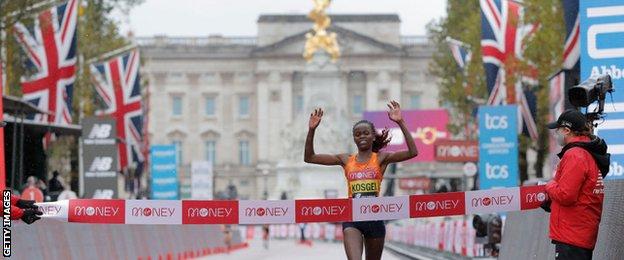
Kenyan world record holder Brigid Kosgei is aiming for a third successive victory in the race after emphatic wins in 2019 and 2020. Germany’s Katrin Dorre was the last athlete to complete such a treble in the women’s race with wins between 1992 and 1994.
She will face stiff competition with Israel’s Lonah Salpeter, the seventh-fastest woman over the distance, and Kenya’s reigning New York City Marathon champion Joyciline Jepkosgei hunting a first London win.
Kosgei insists she is up for the challenge just eight weeks after winning Olympic silver in hot, humid conditions in Sapporo, Japan.
“After one week, I was well recovered,” she told BBC Sport.
“The big reason is I like too much London. I love London. I like the course. The way they welcome us. Even the race organisers. I like the place and how they cheer us on the way.”
Charlotte Purdue and Natasha Cockram, the first Briton in the 2019 and 2020 races respectively, are aiming to qualify for next year’s World Championships in Oregon.
Purdue, the fourth-fastest British woman over the distance, was bitterly disappointed to miss out on selection for the Tokyo Olympics, feeling she was wrongly overlooked on medical grounds.
“I was really annoyed and angry but as soon as I had London as a focus I just channelled all my energy into London,” she told BBC Sport.
“Now I’m all in on this race on Sunday.”
In last year’s men’s race, Ethiopia’s Shura Kitata explained how he had hit the breakfast buffet hard to power himself to a surprise victory over Kenyan great Eliud Kipchoge.
Here’s hoping the elite athletes’ hotel has stocked up on pastries because Kitata is back to defend his crown.
“Last year’s win had very great meaning because Eliud is such a famous, strong runner,” said Kitata.
“It has brought me strength in my psychological and physical preparation, and also a lot of attention from the public as well.”
Kipchoge, who had won four of the previous five London Marathons before 2020, is absent this time, with Britain’s Mo Farah also missing after failing to qualify for Tokyo 2020 on the track and suffering a stress fracture in this foot.
However, Ethiopia’s Birhanu Legese, the third-fastest man of all time over the distance, is in the field along with compatriot and world silver medallist Mosinet Geremew.
Great Britain’s eight-time men’s wheelchair winner David Weir competes in his 22nd London Marathon but is up against Switzerland’s in-form Marcel Hug, who won four golds, including the marathon title, at Tokyo 2020.
American Daniel Romanchuk, a hugely impressive winner in 2019, is also in the field along with Canada’s defending champion Brent Lakatos.
Covid considerations remain
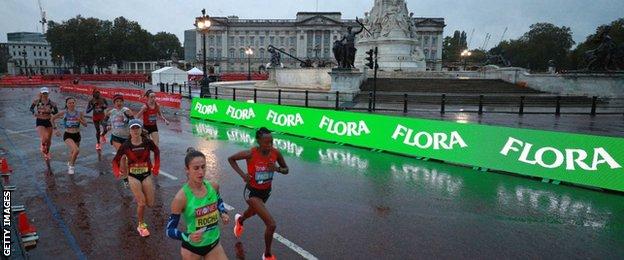
With more than 240,000 positive Covid tests across the United Kingdom in the seven days before race week, there are still precautions in place for the race.
All runners must provide a negative lateral flow test before they are allowed to line up in London and are being encouraged to bring only one other person to spectate and support them in person.
Stewards will ask people to move along the course if large crowds gather at any point.
The race will start with smaller waves of runners released over 90 minutes, and the usual baggage system, which takes warm-up kit from the start to the finish, has been streamlined to reduce the chance of transmission.
Organisers insist fuel supply problems should not be an issue, encouraging runners to use public transport for their journeys to the start and back home.
“Those services have been the best way for people to get to the event in its history and will remain that way,” said Brasher.
Forward thinking and back-of-the-pack care
Electric lead vehicles at the front of the race, compostable drinks cups, goodie bags at the finish line made out of sugar cane instead of plastic.
The London Marathon has introduced a host of measures to mitigate the waste and carbon produced by the race.
The race has become a draw for runners all over the world with 84,125 overseas applications to run in the 2020 race.
Organisers have introduced a carbon levy to help offset those international runners’ journeys to the start line. They have also helped fund tree-planting projects in east London and Kenya which absorb carbon dioxide.
There have also been changes to improve the experience of runners at the back of the field after some of 2019’s slowest runners reported being insulted by officials and finding the clean-up operation taking place ahead of them.
There will be 50-strong team of ‘tailwalkers’ who will walk the course at eight-hour pace accompanied by a DJ providing motivational music. There will also be additional officials on hand about every 400m from 16 miles onwards to support any runners struggling to complete the course.



